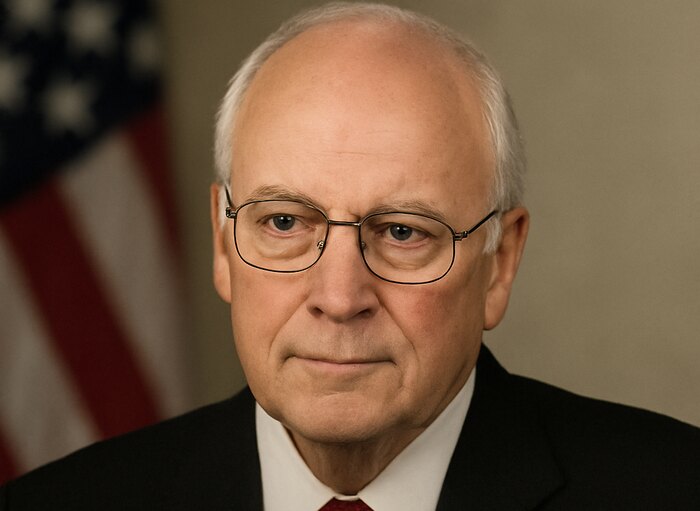In a significant moment in U.S. political history, former Vice President Dick Cheney has died at the age of 84. His family announced that he passed away due to complications from pneumonia and cardiac and vascular disease.
A Legacy of Power and Controversy
Dick Cheney served as the 46th Vice President of the United States from 2001 to 2009 under President George W. Bush. Before that, he held key roles such as U.S. Secretary of Defense under President George H. W. Bush and U.S. Representative for Wyoming.
Known for his strong advocacy of U.S. military power and his influential role in the post-9/11 era, Cheney became a pivotal figure in American foreign and domestic policy. His supporters viewed him as a decisive leader, while critics pointed to his role in controversial policies on surveillance, the Iraq War and executive power.
Health Struggles Throughout Life
Cheney battled serious health issues for much of his adult life, surviving multiple heart attacks, undergoing a heart transplant in 2012, and later facing pneumonia and cardiovascular complications. People.com His personal resilience was often remarked upon—despite his physical fragility, he remained an active voice in political discourse.
Tributes Pour In
Following his death, tributes came from across the political spectrum. Former President George W. Bush described Cheney as “a decent, honorable man” and one of the finest public servants of his generation.
Lawmakers and thinkers acknowledged his significant influence on U.S. national security, and some also reflected critically on his legacy of concentrated executive power.
A Controversial But Pivotal Figure
Cheney’s legacy is complex. He was a driving force behind major events such as the Gulf War, the war on terror, and the expansion of the vice-presidential role in U.S. government. Yet, his tenure was also marked by debate over civil liberties, military intervention and transparency.
What His Death Means for America
As one of the last major figures of his generation in American politics, Cheney’s passing closes a chapter on an era defined by aggressive foreign policy and expanded executive branch power. His death invites reflection on the direction of national security, governance and political accountability moving forward.


